Ethiopia
Agenda for Change members working on systems approaches
Please note this is a summary of information. You can learn more on the Aguaconsult, CARE, CRS, Concern, IRC, Splash, WaterAid, and Welthungerhilfe websites.
CARE is focused on long-term rehabilitation and development including water and sanitation programs that particularly support women and girls in rural and urban areas.
Concern works with the local woreda water authorities to strengthen their capacity to monitor water points and support with maintenance.
Catholic Relief Services (CRS) works to improve sustainable access to safe water, sanitation, and hygiene (WASH) services that improve the health, standard of living, and dignity of poor people and farmers in rural areas.
IRC works with ministries and regional bureaus of water and health, district water and health offices, community based WASH committees, private service providers, and others to strengthen collective action and bring sustainable WASH services to communities.
Splash works closely with local government authorities in Addis Ababa in their WASH schools work. This collaboration is critical to support sustainability and increase the scale of programming.
WaterAid works at district and national levels to identify opportunities to improve the effectiveness of the WASH system to ensure inclusive, lasting WASH services.
Through the Sustainable Services Initiative, Welthungerhilfe collaborates with Aguaconsult and others to shift the focus from building WASH systems and infrastructure towards adoption of a service delivery approach with guaranteed, sustained services levels over time.
Systems strengthening activities
Convened by the Millennium Water Alliance (MWA), WaterAid, CRS, CARE, IRC, and Splash, amongst others, are working in three woredas in Amhara region. Within the program, partners are enabled to share learning about the approaches being taken to district strengthening and there will be further development of tools to support Woreda-level planning and financing. This work is supported by Conrad N Hilton Foundation, and is focused on a systems-wide approach that considers all aspects of the system such as regulation and guidelines, functionality of service authorities, long-term strategic planning, and adaptation and learning. The program uses tenets of collective impact design, deploying a facilitation approach to working with government and the private sector to promote long-term ownership and sustainability.
A learning exchange visit was organised by CARE as the thematic lead for capacity development and governance for the Sustainable WASH Program. The objective of the visit was to align critical systems development aspects of the programs across the work of several partners in the Amhara Region.
Thanks to the commitment from District Health Offices and the Regional Bureau, CRS was able to lead a Clean Clinic Training for cleaners employed at health centers across three districts. Cleaners from nearly all health centers in the three districts were able to attend and follow up support is taking place.
IRC works with local actors through learning alliances to develop understanding of their WASH service delivery system and execute a shared learning and action agenda with local stakeholders. Through the USAID Sustainable WASH Systems (SWS) Learning Partnership, IRC is working to strengthen rural and small town water supply systems in two partner woredas (districts): Mille (Afar) and South Ari (SNNPR). As a contributor to MWA, they are also supporting development of district master plans in three woredas in Amhara region. Through their partnership in the USAID Transform WASH Project, IRC is working on sanitation market development for improved sanitation. In rural WASH, they focus on strengthening the WASH systems in 7 woredas across 5 regions, and at national and regional levels they support and strengthen monitoring systems for planning and maintenance.
Over the next five years, Splash is focused on reaching 100% of government schools in Addis Ababa, Ethiopia and Kolkata, India through Project WISE (WASH in Schools for Everyone). With Project WISE, Splash aims to demonstrate a scalable, durable, and cost-effective model that can be adopted by governments and replicated beyond the initial cities and countries. By the end of Project WISE, all government schools in Addis Ababa and Kolkata will have clean drinking water, handwashing stations, and child-friendly toilets. This project will demonstrate the feasibility of a citywide approach, provide a sustainable, cost-effective model for WASH in Schools, and encourage investment and replication across other major cities.
WaterAid adopted the District (or Woreda) – wide approach in 2019, and maintains a longstanding presence in the regions of Amhara, Oromia, Tigray and SNNPR. Specifically, WaterAid manages a catalog of projects (including their SusWASH initiative) within the zones of West Gojjam, Amhara, and Bale Zone, Oromia that focus on coordination and WASH planning, accountability, and monitoring of WASH systems.
Clean drinking water, sanitation facilities, and good hygiene practices are essential for food security, therefore it is a key sector for Welthungerhilfe’s work in Ethiopia. In the East Gojam Zone of the country, safe water and sanitation coverage is being extended and hygiene standards improved by working together with communities, the local government, and local partner organisations.
Country Collaboration Representative

Bio
Lemessa is a veteran hydrogeologist with 20 years’ diversified and hands-on experience in water resources, water supply, and sanitation. He has been involved in the study and design of urban and rural water supply systems, and feasibility studies of large, medium, and small scale irrigation projects including smallholder irrigations, hydrogeological and groundwater resources mapping, water quality and groundwater resources vulnerability mapping, groundwater adaptation to climate change, among others.
Video
Other partners
Entities of the Central Government
The Federal Ministry of Finance and Economic Development (MoFED) and its sub-national counterparts (BoFED), Ministry of Water, Irrigation, and Energy, Ministry of Health, Ministry of Education
Local Governments
Addis Ababa Water and Sewerage Authority (AAWASA), Addis Ababa City Education Bureau, Regional Bureau of Oromia Water and Energy Resource Development
All others
Australian Development Cooperation, USAID, Irish Aid, UK Aid, EU Trust Fund, European Civil Protection and Humanitarian Aid Operations Department (ECHO), World Bank, UNICEF, members of Millenium Water Alliance (MWA), German Toilet Organization, Evidence Action, the U.S. Centers for Disease Control and Prevention (US CDC), Stanford University Woods Institute, members USAID Sustainable WASH Systems (SWS) Learning Partnership, London School of Hygiene & Tropical Medicine
Accomplishments
- CARE’s 2020 WASH Systems Change Award went to CARE’s Water+ Team in Ethiopia.
- Notable improvements have been measured in sanitation coverage and hygiene practices while working with government employed Health Extension Workers and local artists/actors.
- There have been major changes in terms of service delivery, integration, accountability, and financing in particular woredas, resulting in improved water service delivery.
Challenges
- Working in rural and remote areas with limited road access makes provision of services difficult.
- Institutional arrangements at the national level, since Ethiopia does not have an institution or commission that focuses solely on water and sanitation.
- WASH committees have limited capacity partially due to lacking legal status.
- Ethiopia is still recovering from its worst protracted drought in decades (2016 and 2017), exacerbated by simultaneous internal conflicts, the health and economic impacts of COVID-19, and by the swarms of desert locusts affecting crops.
How strong are the systems?
To determine how well systems are working, we rely on data derived from Building Blocks, which are manageable ‘sub-systems’ that can be supported and strengthened. Certain building blocks may be more strongly developed or applied at district or national level. Interactions between building blocks are essential.
National level
Building Block
Water
Sanitation
Hygiene
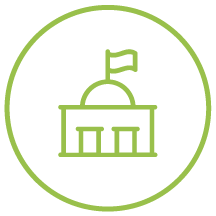
Institutional Arrangements & Coordination
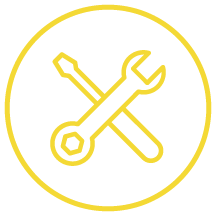
Service Delivery Infrastructure
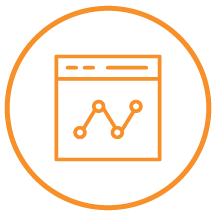
Monitoring

Planning
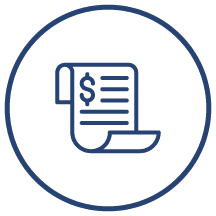
Finance
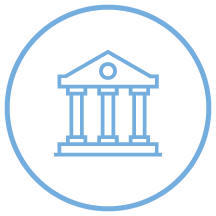
Regulation & Accountability
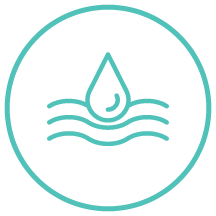
Water Resource Management
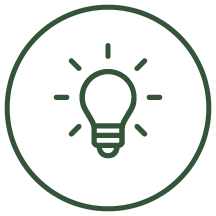
Learning & Adaptation
Resources
Systems Library
Please visit the Aguaconsult, CARE, CRS, Concern, IRC, Splash, WaterAid, and Welthungerhilfe websites for additional information.
National
Local
National

PDF Download
Big Gains from Small Funds: Experiences from WaterAid Ethiopia’s 20-Town Capacity Development Programme


PDF Download
IRC WASH strategy 2017-21 Ethiopia : building WASH systems to deliver the Sustainable Development Goals


Local


Video
Knowing what you have: using an asset inventory tool to improve water services in South Ari woreda
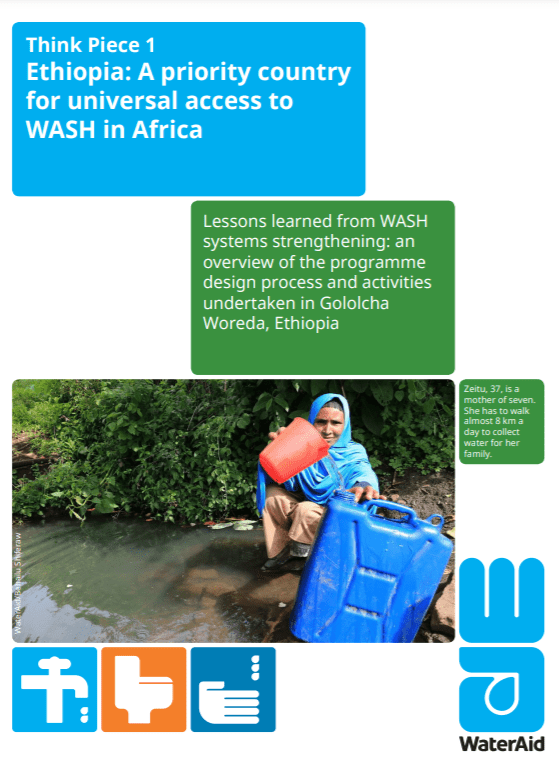
PDF Download
Lessons learned from WASH systems strengthening: an overview of the programme design process and activities undertaken in Gololcha Woreda, Ethiopia





